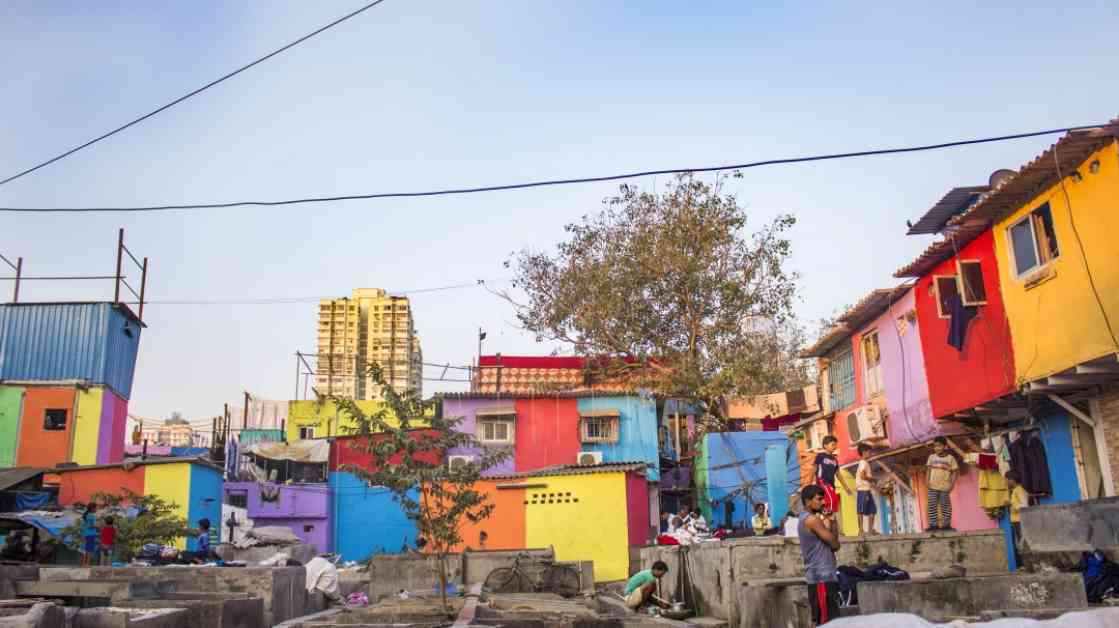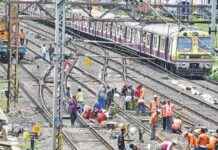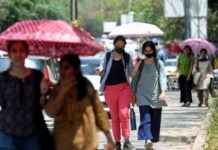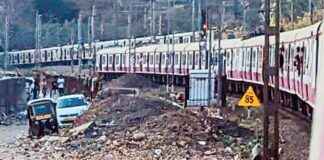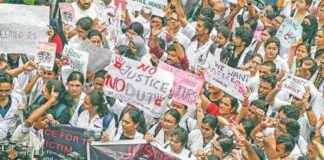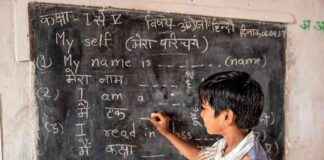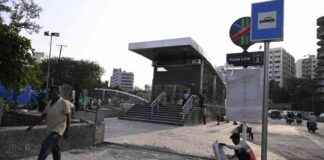The Fight Against Slum Exploitation in Mumbai
The Bombay High Court (HC) recently made headlines when it raised concerns over the situation of slum dwellers in Mumbai, particularly those who are being exploited by private developers. The court emphasized the need to make Mumbai a slum-free city, citing its status as the nation’s financial center and the need to maintain its international standing. Judges G. S. Kulkarni and Somasekhar Sunderesan presided over the case, highlighting the importance of the Maharashtra Slum Area Act in achieving this goal.
The court’s decision to address the issue of slum exploitation comes at a crucial time for Mumbai, a city known for its stark contrasts between wealth and poverty. While Mumbai boasts impressive skyscrapers and a thriving business district, it also struggles with a significant slum population living in substandard conditions. The court’s focus on creating a slum-free city reflects a commitment to social justice and urban development.
Challenges and Concerns
During the court proceedings, concerns were raised about the quality and delays in slum rehabilitation projects. Slum dwellers, who are often at the mercy of developers with private interests, face numerous challenges in accessing adequate housing and basic amenities. The judges criticized the Slum Rehabilitation Authority and the government for not taking sufficient action to prevent exploitation, emphasizing the need for accountability among developers.
One of the key issues highlighted by the court was the importance of sustainable development in urban planning. The judges expressed worries about the future of Mumbai, questioning whether the city would become overrun by skyscrapers at the expense of open spaces and community amenities. Drawing parallels with international cities like London, the court underscored the necessity of preserving open spaces for the well-being of residents and the overall livability of the city.
Enforcing Accountability and Standards
The court emphasized the need for developers to be held accountable for their actions and to ensure that slum rehabilitation projects meet the highest standards. The Maharashtra Slum Area Act provides a framework for regulating redevelopment projects and protecting the rights of slum dwellers. However, the court noted that the Act was not intended for projects to be left unfinished or for substandard work to be carried out.
In order to address these concerns, the court recommended that the government consider implementing a tenancy or rental housing policy for migrant workers. This policy would not only provide affordable housing options for a vulnerable population but also contribute to the overall diversity and inclusivity of Mumbai. The court also questioned the feasibility of the city functioning without the contribution of foreign laborers, highlighting the need for a comprehensive approach to urban development.
Next Steps and Future Outlook
The Bombay High Court’s decision to conduct a performance audit of the Maharashtra Slum Area Act reflects a commitment to ensuring the rights and well-being of slum dwellers in Mumbai. By holding developers and authorities accountable for their actions, the court is taking a proactive stance against exploitation and substandard living conditions. The upcoming hearing scheduled for September 20 will provide an opportunity for the government, Slum Rehabilitation Authority, and other relevant parties to submit their affidavits and demonstrate their commitment to addressing these issues.
As Mumbai continues to grow and develop, it is essential that urban planning and development prioritize the needs of all residents, including those living in slums. By advocating for sustainable development practices, accountability among developers, and the protection of slum dwellers’ rights, the Bombay High Court is setting a precedent for inclusive and equitable urban growth. Ultimately, the goal of creating a slum-free Mumbai is not just a legal mandate but a moral imperative to ensure a better quality of life for all residents of the city.
